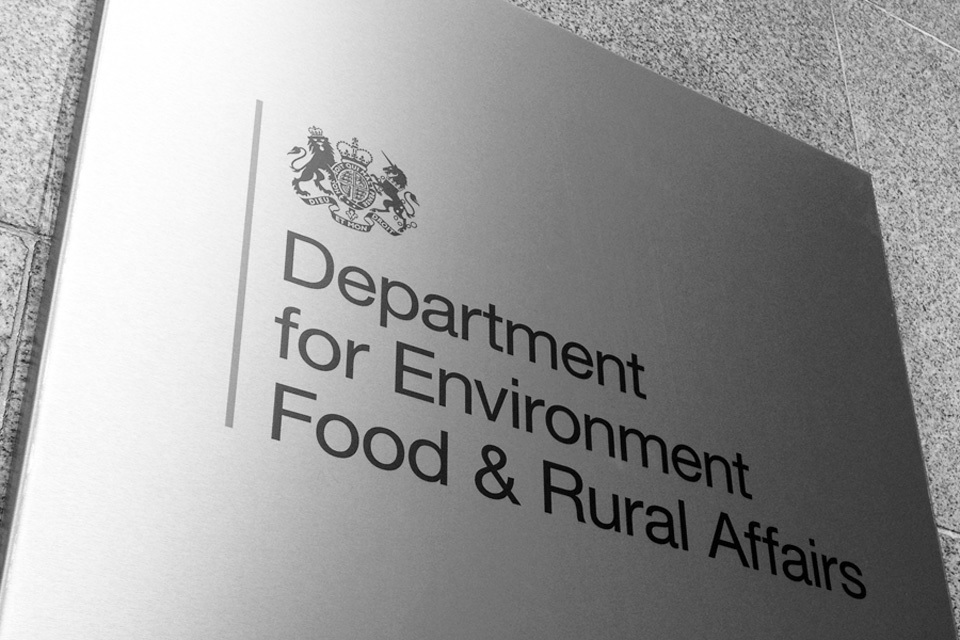The ban on XL Bully dogs is now in force making it illegal to own an unregistered XL Bully dog from today (1 February).
This delivers on the Government’s pledge to take quick and decisive action to protect the public from devastating dog attacks by adding the breed type to the list of dangerous dogs.
The decision was made following a concerning rise in fatal dog attacks involving the XL Bully breed type. Up until 2021 there were around 3 fatalities per year. There have been 23 since the start of 2021 – with the XL Bully being involved in many of these tragic attacks.
From today, anyone found in possession of these dangerous dogs and is not meeting the strict rules will have their dog seized and faces prosecution and a criminal record.
Environment Secretary Steve Barclay said:
“The ban on XL Bullies is now in place meaning it is illegal to own one of these dogs unless it has been registered.
“We have delivered our pledge to bring in this important measure to protect public safety, and we expect all XL Bully owners to comply with the strict conditions.”
In order to safely manage the existing population of these dogs, owners of XL Bully dogs must register their dogs and make sure they comply with strict rules. This includes having them microchipped, kept on a lead and muzzled when in public and, to ensure these dogs cannot continue breeding, they must also be neutered. For most dogs, this will be by 30 June, and for dogs under one year old, this should be by the end of 2024.
The Government will continue supporting the police to make sure the ban is effectively enforced, and ministers met with police chiefs this week to discuss their preparations to implement the ban.
The ban applies to England and Wales. The Scottish Government has also announced they will be bringing forward an XL Bully Ban
Notes to editors:
- Latest figures show over 35,000 dogs have now been registered with full details of ownership provided enabling authorities to keep the public safe.
- There have been over 150 claims for compensation.
-It can take a few days to process applications and so you may not receive your Certificate of Exemption by the 1st February. If the authorities ask to see your Certificate of Exemption during this period, you can show them evidence that you have applied. -
Neutering guidelines:
- If your dog less than one year old on 31 January 2024, it must be neutered and evidence received by 31 December 2024
-
If your dog is more than one year old on 31 January 2024, it must be neutered and evidence received by 30 June 2024
-
If your dog is already neutered, a vet must confirm this by:
- 31 December 2024 for dogs less than one year old on 31 January 2024
- 30 June 2024 for dogs more than one year old on 31 January 2024


